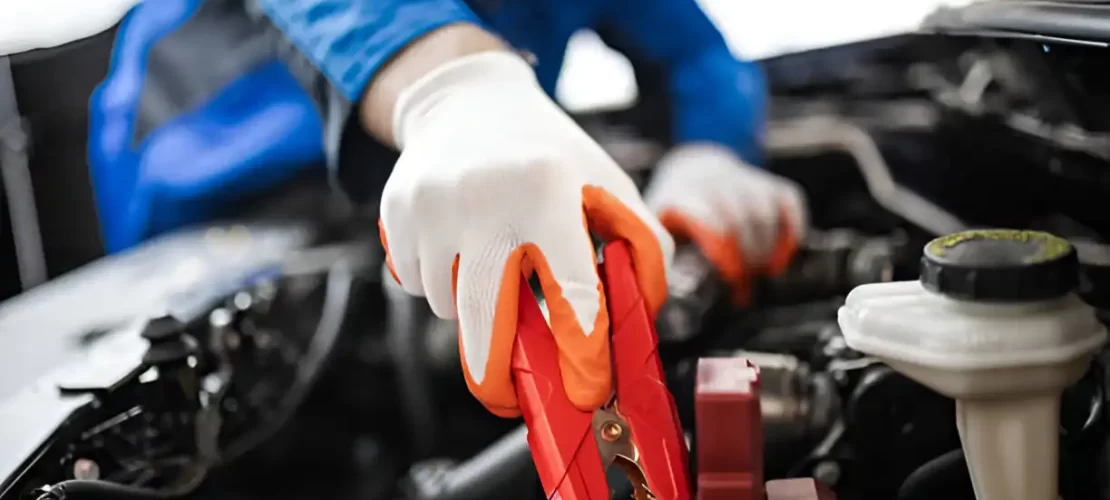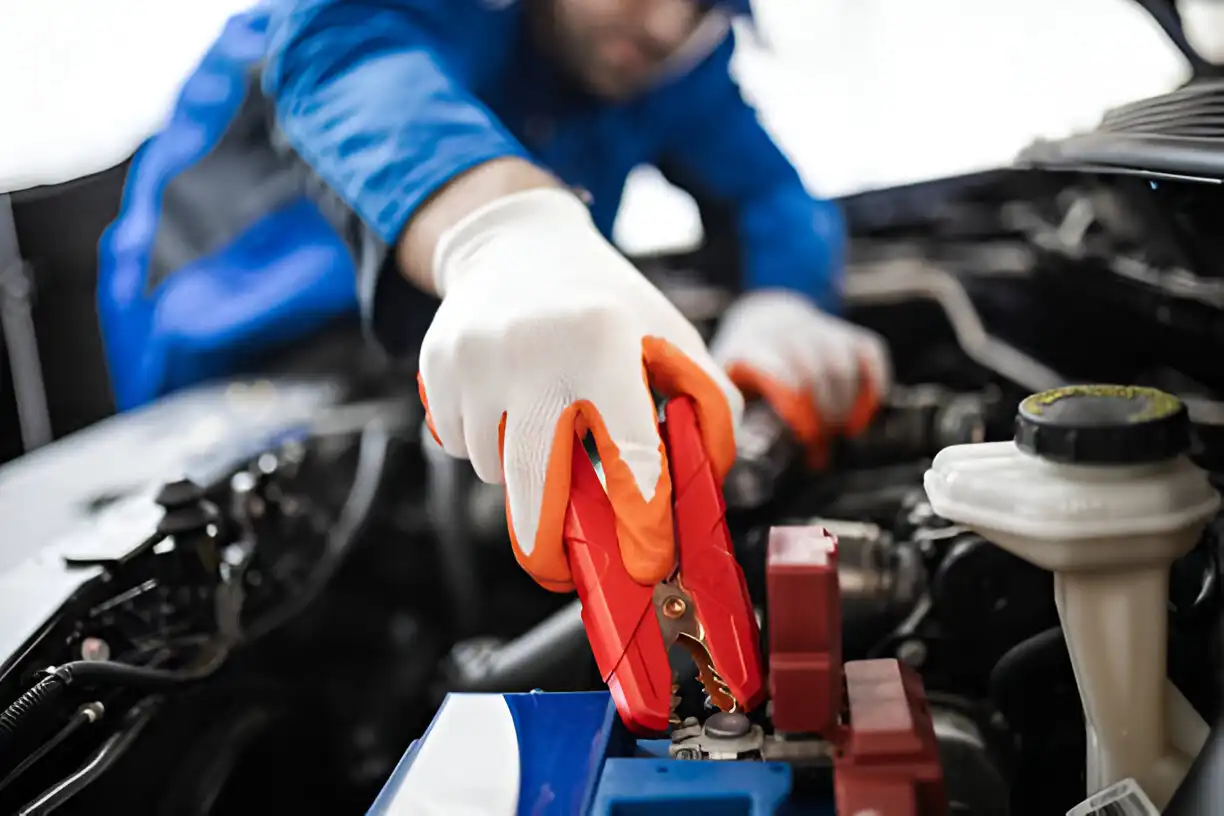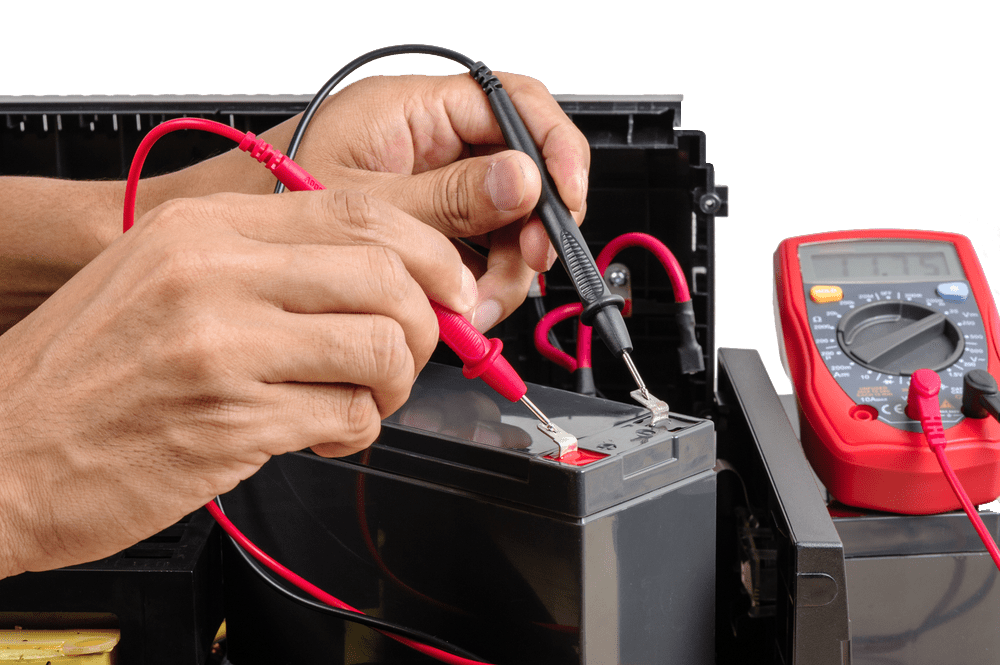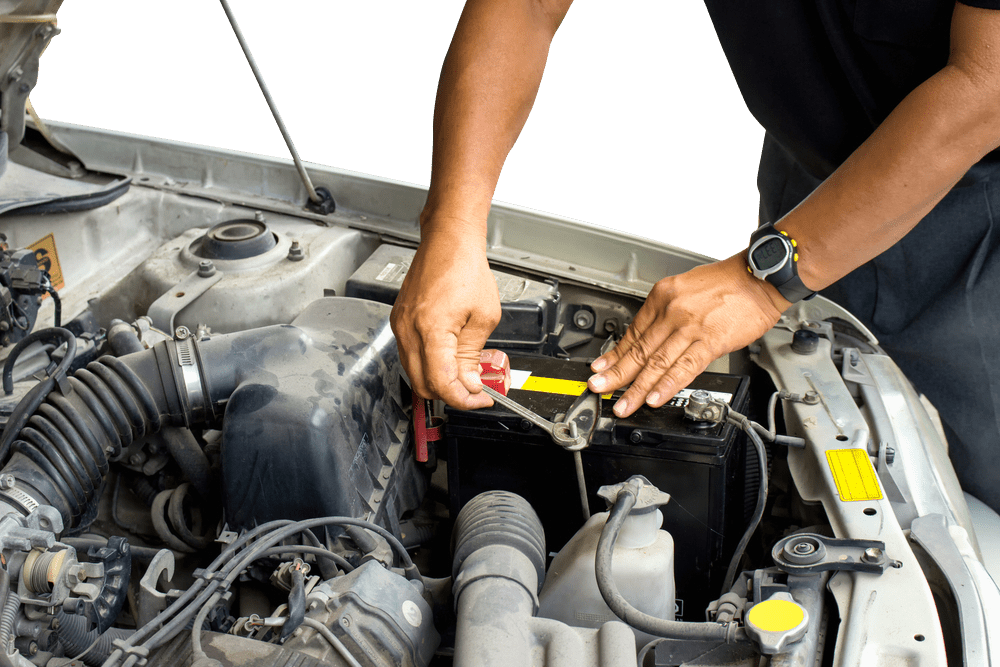- 10 Jul 2025
What kind of car battery does my car take?

Understanding what battery does my car take is essential for every car owner. Whether you’re dealing with a dead battery on a cold winter morning in Sydney or planning for preventative maintenance, knowing the correct battery specifications saves time, money, and frustration. With numerous options available in the automotive market, selecting the appropriate car battery requires understanding your vehicle’s specific requirements and how different battery types function.
This comprehensive guide will help you identify the correct battery for your vehicle, understand battery specifications, and provide tips on maintenance and replacement. Whether you’re a seasoned car enthusiast or a new vehicle owner in Sydney’s bustling automotive scene, this information will empower you to make informed decisions about your car’s electrical power source.
Understanding Car Battery Basics
What Does a Car Battery Do?
Before determining what battery does my car take, it’s important to understand the fundamental role of a car battery. Your car battery provides the electrical energy necessary to start your vehicle’s engine and powers electrical components when the engine isn’t running. It also stabilizes voltage to ensure your vehicle’s electrical systems operate properly.
Modern car batteries are typically 12-volt lead-acid batteries, though other technologies like lithium-ion are becoming increasingly common, especially in hybrid and electric vehicles. The battery works in conjunction with your vehicle’s alternator, which recharges the battery once the engine is running.
Common Types of Car Batteries
Several types of car batteries are available in the Sydney market and throughout Australia:
- Starting, Lighting, and Ignition (SLI) Batteries: The most common type found in conventional vehicles, designed to deliver short bursts of high power to start the engine.
- Deep Cycle Batteries: Designed to provide consistent power over longer periods, often used in boats, golf carts, and recreational vehicles.
- Valve-Regulated Lead-Acid (VRLA) Batteries: Low-maintenance sealed batteries including Absorbent Glass Mat (AGM) and Gel Cell varieties.
- Lithium-Ion Batteries: Lighter, longer-lasting alternatives primarily used in electric and hybrid vehicles.
- Enhanced Flooded Batteries (EFB): Improved conventional batteries designed for vehicles with start-stop technology.
Understanding these distinctions helps clarify what battery does my car take and narrows down your options when replacement becomes necessary.
How to Determine What Battery Does My Car Take
Checking Your Vehicle Manual
The most straightforward method to determine what battery does my car take is consulting your owner’s manual. This document contains specific information about your car’s battery requirements, including:
- Battery group size
- Cold Cranking Amps (CCA) rating
- Reserve Capacity (RC)
- Terminal configuration
- Battery technology type (conventional, AGM, etc.)
If you’ve misplaced your manual, most manufacturers offer digital versions on their websites. Simply enter your vehicle’s make, model, and year to access the specific battery information.
Examining Your Current Battery
If your car’s battery is still accessible and intact, you can gather important information directly from it:
- Look for a label indicating the group size (a standardized industry code)
- Note the CCA rating, which indicates the battery’s starting power in cold weather
- Identify the terminal configuration (side-post, top-post, or dual terminals)
- Check dimensions (length, width, height)
- Determine if it’s a conventional flooded battery or a more specialized type like AGM
This information provides crucial details about what battery does my car take and helps ensure you purchase a compatible replacement.
Using Online Battery Finders
Many automotive retailers and battery specialists like South West Batteries in Sydney offer online tools to identify the correct battery for your vehicle. These tools typically ask for:
- Vehicle make and model
- Manufacturing year
- Engine type (petrol, diesel, hybrid)
- Special features (start-stop technology, etc.)
These battery finders can quickly identify what battery does my car take, removing guesswork from the process and helping you find local availability.
Consulting with Professionals
Automotive professionals at service centers or specialized battery retailers like South West Batteries can quickly identify what battery does my car take based on your vehicle information. Their expertise is particularly valuable if your vehicle has modifications or if you’re considering upgrading from your factory-specified battery.

Understanding Battery Specifications
Battery Group Size
The battery group size is a standardized code that defines the battery’s physical dimensions and terminal locations. Common group sizes in Australia include:
- DIN sizes (European vehicles)
- JIS sizes (Japanese vehicles)
- BCI group sizes (American vehicles)
Knowing what battery does my car take in terms of group size ensures the replacement will fit properly in your vehicle’s battery tray and connect correctly to the terminals.
Cold Cranking Amps (CCA)
CCA measures a battery’s ability to start an engine in cold temperatures. It represents the number of amps a battery can deliver at 0°F (-18°C) for 30 seconds while maintaining a voltage of at least 7.2 volts.
For Sydney’s relatively mild climate, extremely high CCA ratings may not be necessary, but vehicles with larger engines typically require higher CCA ratings. When determining what battery does my car take, matching or exceeding the manufacturer’s recommended CCA rating ensures reliable starting performance.
Reserve Capacity (RC)
Reserve capacity indicates how many minutes your car battery can run essential systems if your alternator fails. Higher RC ratings provide more time to seek assistance in case of alternator failure.
Ampere Hours (Ah)
The ampere-hour rating indicates a battery’s energy storage capacity. Higher Ah ratings generally mean the battery can power your vehicle’s electrical systems longer when the engine isn’t running.
Special Considerations for Different Vehicle Types
Conventional Petrol and Diesel Vehicles
Most conventional vehicles in Sydney use standard SLI batteries. The key differences in what battery does my car take often relate to engine size and electrical demands:
- Small to mid-sized petrol cars typically require batteries with 40-60Ah capacity and 350-500 CCA
- Larger vehicles and diesel engines often need 70-100Ah batteries with 600-850 CCA
- Luxury vehicles with numerous electrical components may require AGM batteries with higher capacities
Start-Stop Vehicles
Modern vehicles with fuel-saving start-stop technology require specialized batteries designed to handle frequent engine restarts. These vehicles typically use:
- Enhanced Flooded Batteries (EFB)
- Absorbent Glass Mat (AGM) batteries
These batteries have greater cycle durability and faster recharging capabilities than conventional batteries. Understanding what battery does my car take is particularly important for start-stop vehicles, as installing a conventional battery can damage your vehicle’s electrical system and lead to premature battery failure.
Hybrid and Electric Vehicles
Hybrid and electric vehicles use fundamentally different battery systems than conventional vehicles:
- Hybrid vehicles typically have a conventional 12V battery for accessories and a separate high-voltage battery pack for propulsion
- Electric vehicles often use a 12V lithium-ion auxiliary battery alongside their main propulsion battery
These specialized systems typically require dealer servicing, and understanding what battery does my car take for these vehicles usually means consulting with specialists certified to work on hybrid and electric systems.
Battery Maintenance and Lifespan
Typical Battery Lifespan in Sydney’s Climate
Sydney’s generally moderate climate is favorable for car battery longevity compared to regions with extreme temperatures. Typically, car batteries in Sydney last:
- 3-5 years for conventional flooded batteries
- 4-7 years for premium AGM batteries
- 2-4 years for vehicles primarily used for short trips
Understanding what battery does my car take also means recognizing when replacement is necessary before you experience a breakdown.
Signs Your Car Battery Needs Replacement
Watch for these warning signs indicating your battery is nearing the end of its useful life:
- Slow engine cranking when starting
- Dimming headlights, especially when idling
- Battery warning light illuminated on the dashboard
- Swollen or distorted battery case
- Battery age exceeding four years
- Electrical system issues like power windows operating slowly
Proper Battery Maintenance
Extend your battery’s lifespan with these maintenance tips:
- Keep terminals clean and free from corrosion
- Ensure the battery is securely mounted to prevent vibration damage
- For conventional batteries, check electrolyte levels periodically
- Avoid leaving electronics running when the engine is off
- Take longer drives occasionally if you typically make short trips
- Consider using a battery maintainer during long periods of non-use
Environmental Considerations and Recycling
Battery Recycling in Sydney
Car batteries contain materials harmful to the environment but are also highly recyclable. In Sydney, car batteries must be recycled properly:
- Most retailers, including South West Batteries, accept old batteries for recycling
- Council cleanup services generally don’t accept car batteries
- Designated recycling centers throughout Sydney accept automotive batteries
Understanding what battery does my car take also includes responsibility for proper disposal of your old battery, with most retailers offering a core charge refund when you return your old battery.
Environmentally Friendly Battery Options
If environmental concerns influence your battery choice, consider:
- Batteries manufactured with recycled materials
- Maintenance-free options that reduce chemical waste
- Batteries with longer lifespans to reduce replacement frequency
- Lithium-ion options (where applicable) with reduced environmental impact
Conclusion: Making an Informed Decision About Your Car Battery
Determining what battery does my car take requires understanding your vehicle’s specific requirements and how different battery types function in various driving conditions. By consulting your vehicle manual, examining your current battery, or seeking professional advice from specialists like South West Batteries in Sydney, you can identify the appropriate replacement.
Remember that choosing the right car battery involves more than just finding one that fits physically. Matching the correct electrical specifications ensures optimal performance and longevity. While premium batteries may cost more initially, they often provide better value through longer service life and improved reliability.
By understanding what battery does my car take, you empower yourself to make informed decisions that keep your vehicle running reliably through Sydney’s diverse driving conditions. Whether you’re commuting through busy urban areas or exploring the beautiful surrounding regions, the right battery provides the dependable performance your vehicle needs.











